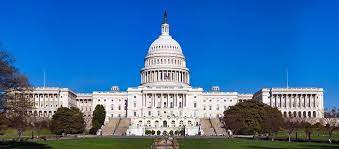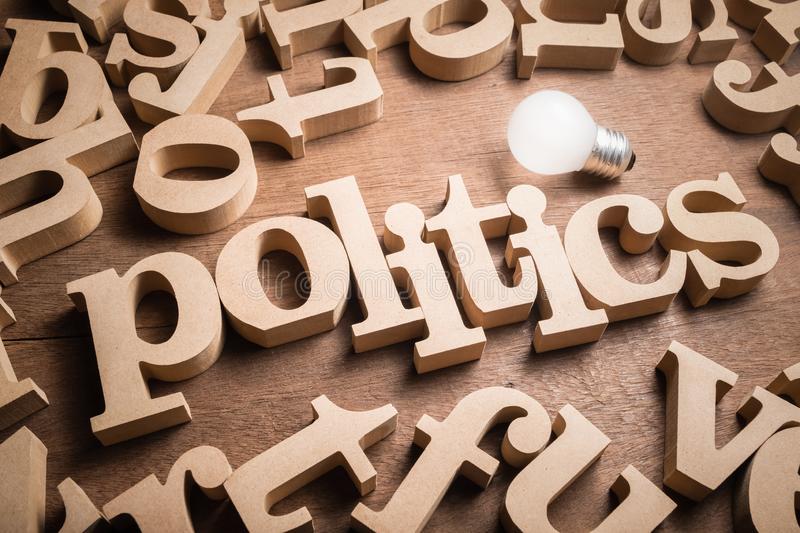
An old friend recently asked, “When did you become so political?” I should have responded, “I can’t remember a time when I wasn’t.” Instead, I referenced my political science major at Boston College. I chose poli sci because of my immersion in political discussion from my earliest memories. Even then, I suppressed my liberalism to live in my father’s world. I never tipped my hand at political leanings, but that doesn’t mean I wasn’t “political.”
I grew up in a family that ascribed to extreme political views, causing me to avoid discussing world affairs with anyone outside of our house. The only angle I fully knew was my father’s and I never totally bought into his perspective. Dad was a hawkish, Republican-leaning, pro-Vietnam, World War II veteran. As a captive audience, I spent the 1960s listening to his rants about the Commie pigs and the pinko hippies. I knew better than to comment or dissent, even if his views seemed a little out of whack. I never told my father he might be wrong because it never boded well for anyone who did. By the end of any verbal political scuff-up, the poor fool stuck enduring his harangue usually nodded and stared off into the distance, praying for spontaneous combustion or a serious case of diarrhea to force a speedy departure and end the tirade.
Dad’s happiest days were spent serving in the Army Air Corps during World War II, and after the war, he found his niche when he joined American Legion Post 45. Rising to the rank of Commander, Dad considered the place his home and its rag-tag bunch of bar flies his family. On holidays like Patriots’ Day and Memorial Day, Dad marched in the local parades dressed in a para-military ensemble, complete with combat boots, a bayonet, and some fancy patriotic patches. He proudly wielded a ceremonial rifle that shot blanks in honor of those who gave the ultimate sacrifice.
My parents immersed me in a Vietnam-era family culture that glorified war. Dinner-time entertainment included a force-feeding of the evening news with every forkful of pork chops. Deep and foreboding, the voice of Walter Cronkite reading a play-by-play of that day’s casualties on the battlefields of Vietnam droned in the background. Pork chops and Vietnam. The gruesome and disturbing images of bombs exploding feet away from American servicemen linger in my mind. I often wonder why my parents didn’t reach over and turn off the tiny Motorola that sat on the kitchen counter. I think they believed the war was part of my education. I know now it was part of my indoctrination in the pillars of Dad’s political belief system: war was good and necessary to secure democracy and grow the economy.
I was a teenager when the next big political event made the headlines. The Watergate scandal threatened our nation’s election integrity, but my father denied the implications of Watergate, even after Richard Nixon resigned. I discovered my father possessed an off-kilter moral compass when he declared the burglars’ only crime was to get caught. I learned another lesson: when someone says, “I am not a crook,” they probably are.
When Ronald Reagan announced his run for the presidency in 1979, Dad was as happy as a six-year-old on Christmas morning. Years earlier, Reagan had visited the General Electric plant where my father honed his razor-sharp, blue-collar conservatism over the course of a thirty-eight-year career. Dad shook Reagan’s hand, a story he told so many times and from so many angles, I was sure my father was a personal friend of the man. Reagan’s politics spoke to my father’s belief in American capitalism. Dad loved money and defended the idea of trickle-down economics as a solid theory that would make him rich. As a G.E. shareholder, what was good for the company was good for my father, his bank book, and his individualistic worldview. He took pride in his success as a working man and he never understood people who couldn’t make it in a country like the good ol’ U.S. of A.
Dad’s favorite t-shirt displayed an image of an American flag and the caption, “These colors don’t run!” My father blindly supported our country and our government, as long as Republicans were in charge. According to him, Democrats were socialists who spent wildly on social service programs that enabled people, who just weren’t working hard enough, to live high off the hog with welfare and food stamps. He believed Republicans made sure those kinds of things wouldn’t happen. Republicans looked out for people like him–hard-working and patriotic. I saw things differently when I went to work as a school counselor in the late 1990s. I shared stories about my students and their parents and their challenges with my father. I tried to explain to him that some people need help and that helping them was vital to the economic health of America. He allowed me my opinion, especially once Bush became president. The topic was then moot, again.
Dad died before the ridiculous folly that is now the Republican Party took shape. I wonder if he would have listened to my pre-2016 election warnings about how dangerous one man can be to civility, morality, ethics, and democracy, even if the candidate did espouse some of Dad’s values. I imagine conversations with my father about the former president and fantasize about him denouncing the man’s character and his style of governing. One thing Dad hated was nastiness and name-calling (aside from the Commies and Pinkos), and he would have never abided the former guy’s mimicking of a disabled man, his calls for the lynching of a vice president, or his professed love for insurrectionists. I try to discern what my father’s reaction would have been to the events of the last seven years as Trump infiltrated his party with corruption and lies. I doubt Dad would even recognize the remnants of his beloved Republican Party.
I never felt compelled to discuss politics in social settings until the election in 2016. When I voted for Clinton, I voted against her opponent more than to support her candidacy. After the four years of Trump’s shambolic reign, I changed my party affiliation from Unenrolled to Democrat, making the statement that I could never ascribe to a political party so full of hate and un-American behavior. I posted my political beliefs on Facebook and Twitter as a litmus test of values. I questioned the integrity of friends who defended the former president, his behavior, and his administration, especially the ones who saw nothing wrong with the path our government was on, the one that brought us to the brink of governmental collapse on January 6th, 2021. Many are no longer my friends.
My politics have caused me to become patriotic but my brand of patriotism is not of the flag-waving ilk. I refuse to wear anything that bears an American flag, not because I renounce America but because it has become a banner for a belief system. True patriotism isn’t violent, cruel, angry, racist, homophobic, or sexist, but many of those who consider themselves ‘patriots’ flaunt those prejudices under the banner of Old Glory. After seeing the American flag used as a weapon on the steps of our Capitol building, the flag represents a part of America I don’t want to be affiliated with. Our Republican legislators, flanked by American flags, pose with weapons and call for expanded and protected gun rights while mass shootings occur daily. I despise that America, the one that uses the flag as an offensive, personal statement. My political stance does not make me unpatriotic. Patriotism doesn’t require one to wave a flag. It does demand one to fight for the preservation of values and the defense of our freedoms.
As I observe the serious issues plaguing our country, I draw upon what I learned in history class to make sense of what is happening. I remember being taught that gerrymandering is bad, yet the redistricting of states to favor one political party over the other is now happening across the country, with the blessing of the Supreme Court. I read about the filibuster as a way to derail legislation popular with the electorate, and now I see how the practice cripples progress. Now I am learning new terms like ‘packing the courts’ and I know the impact of appointing judges who adhere to a political agenda–it caused the dismantling of women’s rights. Four years of a rogue administration damaged our country irreparably, causing us to ask, “Is it time to expand the Supreme Court and end the filibuster?” It’s worth considering.
When did I become so political? I always have been aware of the impact of politics on our country, from my earliest exposure courtesy of my father to my career working with families who struggle to survive, to finally declaring a political party at the age of sixty-one. I never imagined our country in decline and I’m sure my father didn’t either. Our country has become a victim of politics so divisively political they threaten to destroy its core values. To counteract the moral and political decay, we must speak our beliefs loudly, and if even one mind is changed by our voice, it was worth the risk.
I guess I’ve always been political but now I am vocal, and that is the difference.
